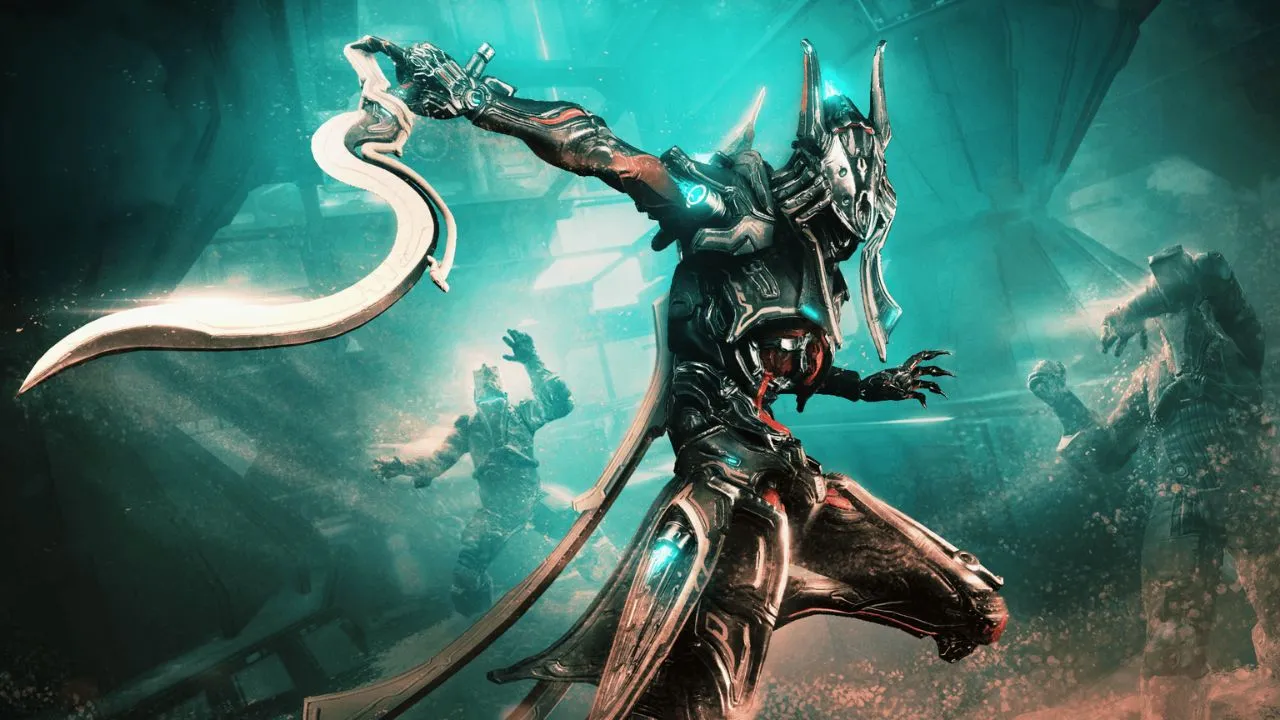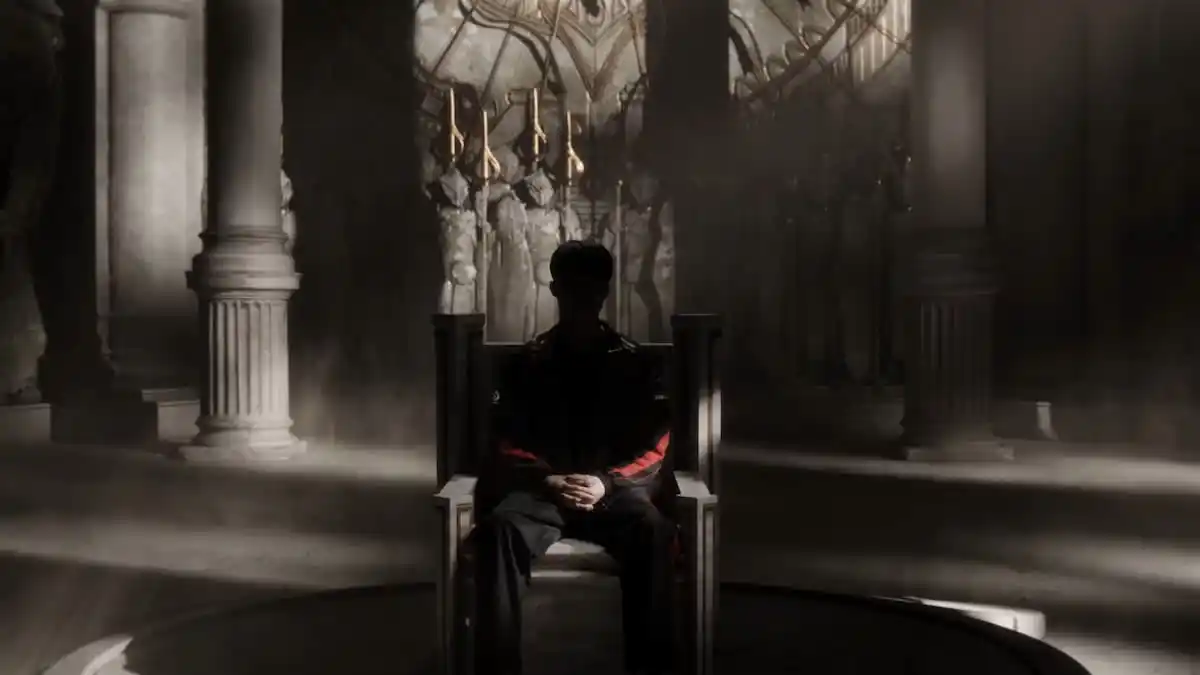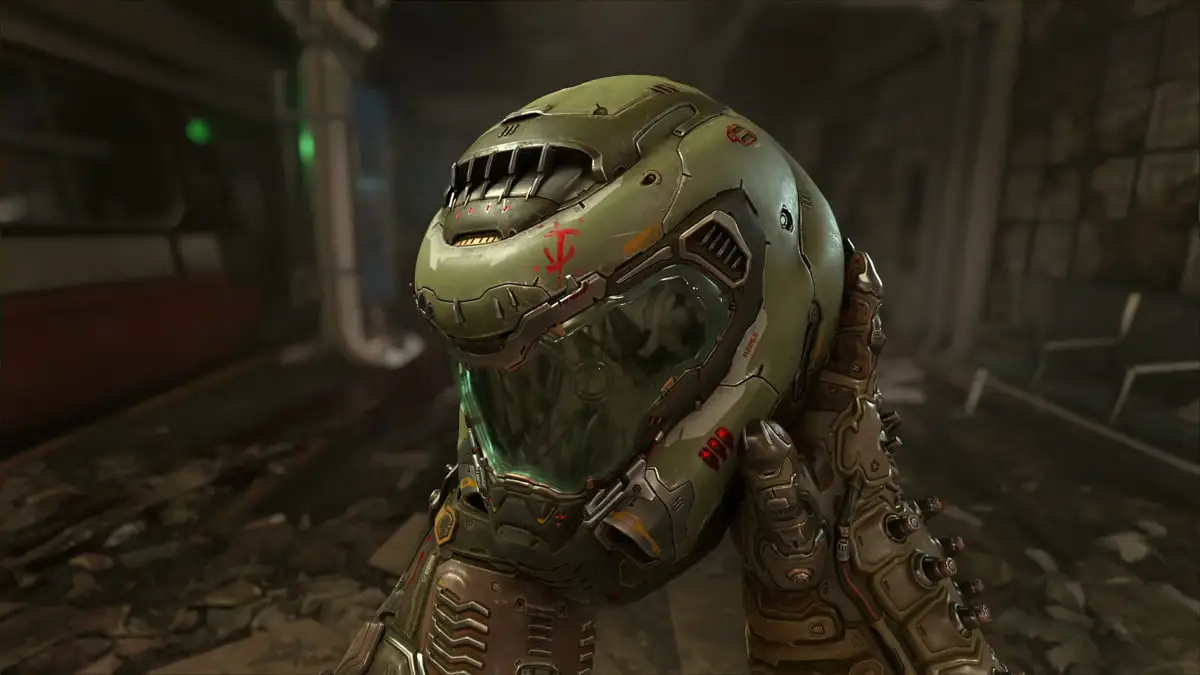“Players generally queue Tank less, leading to longer wait times for all while we wait for a Tank to free up to find a proper match,” Keller said when talking about the challenges of queue times under the six-vs-six Role Queue system. Queue times did dramatically decrease with the move to five-vs-five as games suddenly required half the tanks they did prior, decreasing demand for the least popular role in the game at the time.<\/p>
So, why the sudden willingness to try out six-vs-six again? Well, it’s not sudden at all. It comes from the constant player cries to do just that. “The community has, juuuuust once or twice, suggested a test. Why not put various forms of 6v6 in the game in order to gauge the results,” Keller wrote. “We agree, and based on your feedback, we’re exploring how we can test different forms of 6v6 in the game.”<\/p>
Keller did caution that these tests will take time for several different reasons, including those dreaded queue times and technical difficulties.<\/p>
As you can imagine, there have been more than a few facelifts for several Overwatch<\/em> characters and the general game since we last saw six-vs-six play. Keller cited new visual features, upgraded hero kits, UI upgrades, and more as barriers to scale for six-vs-six to thrive. The new game is more technically demanding than the old one, and adding two more players into every game will only make the game’s performance more difficult to balance, especially on older systems. Then, there’s also queue times to worry about, which Keller called his own personal “Pandora’s Box.” He did note there are ideas within the team to overcome some of the old queue time concerns, but there’s no guarantee any of these will work.<\/p>
Hence, we’re getting several different tests, which may include different five-vs-five formats in addition to six-vs-six tests. Keller even described a future in which both five-vs-five and six-vs-six co-exist within the game. “We think there could be other ways of putting a team together that aren\u2019t quite as rigid as a set composition, but not as loose as Open Queue,” he wrote, hinting at more experiments beyond simple addition or subtraction from team numbers.<\/p>






